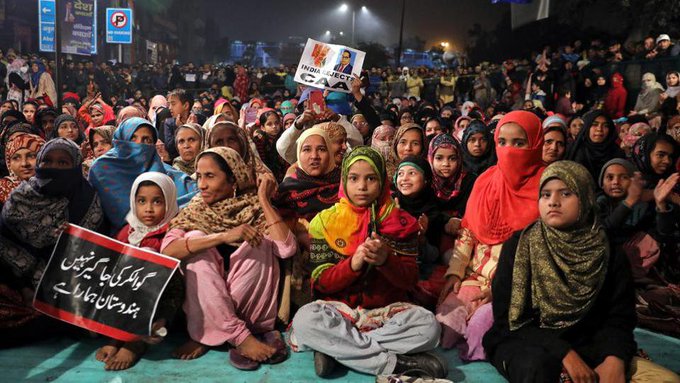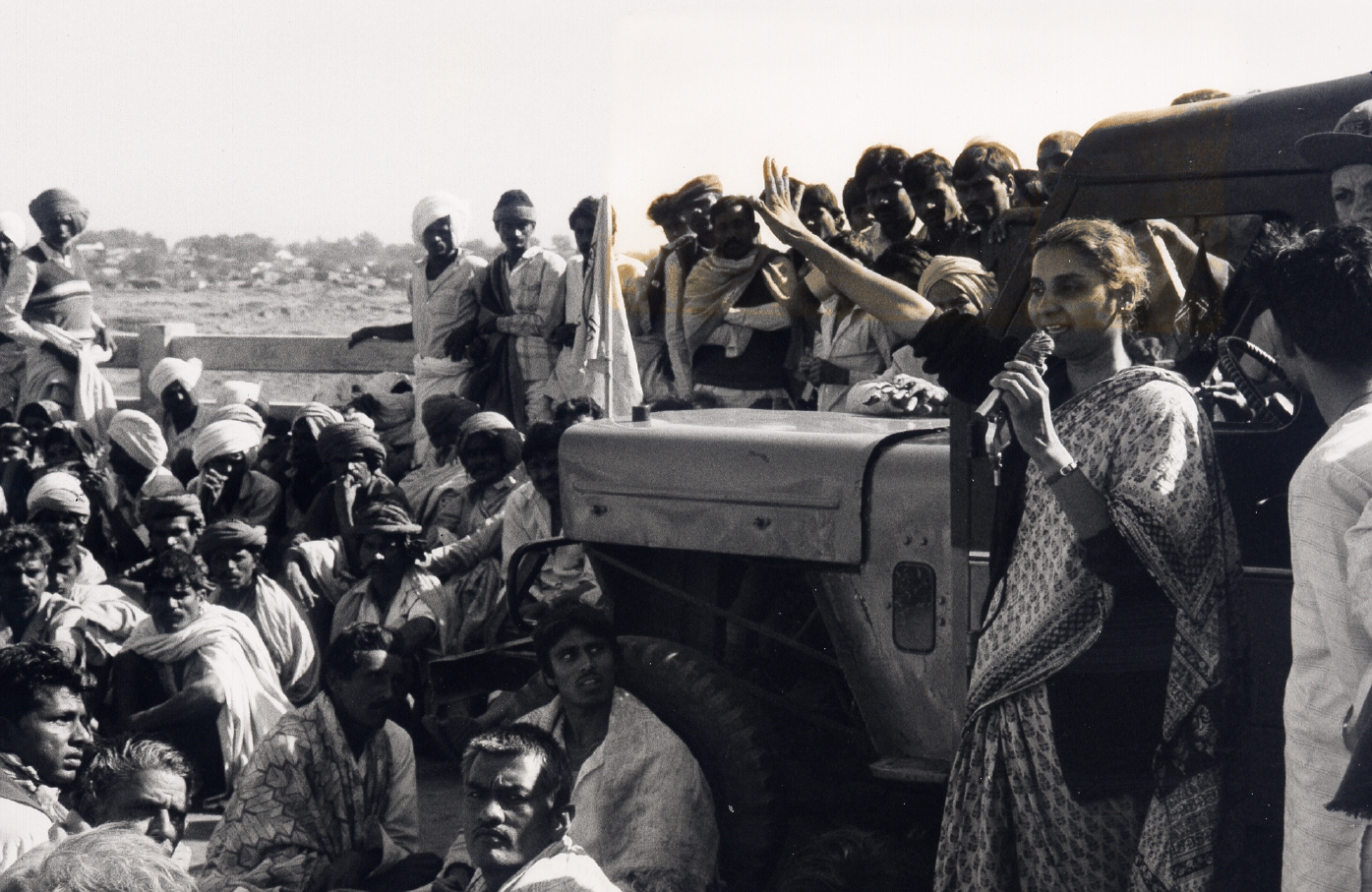
Botswana high court has delayed to release their judgment on decriminalising same sex relations. The high court has made the decision pending till June this year.
The New Leam Staff

Under the current constitutional structure article 164 states that “Any person who has….carnal knowledge of any person against the order of nature” or “permits any other person to have carnal knowledge of him or her against the order of nature is guilty of an offence and is liable to imprisonment for a term not exceeding seven years”, article 165 and 167 of the Botswana constitution also penalise the citizen for having same sex relationship.
In 2006 other South African countries legalised same sex marriage but Botswana continues to follow the footsteps of the British colonisers. The current law of same sex marriage in Botswana has been borrowed from the Anti-Burgery Act of 1533 and they still continue to follow it.
Same sex marriage is a taboo in more the 70 countries worldwide and half of these countries belong to the African continent- Botswana is one of them. Advocates of same sex relation in Botswana argue that the societal mind set with regards to homosexuality is changing and there is a visible acceptability of homosexual people in the Botswaninan land. In 2017, a transgender woman won a legal battle against Botswana government to be recognised as female- this was seen as a landmark victory for the rights of LGBT people. The current President of the country (Botswana) has also shown support for same sex relationship.
The lawyer who is advocating the case in the Botswana High Court Gesego Lekgowe argued that “the government should do away with the law in light of a changed society where homosexuality was more widely accepted” as mentioned in an article published by Reuters.
In 2013, countries Argentina, Belgium, Brazil, Canada, Denmark, France, Iceland, Netherlands, Norway, Portugal, Spain, South Africa, Sweden and Uruguay did away with the law restricting same sex relations in their respective countries.
In September 2018, the Supreme Court of India ruled out unanimously that section 377 is unconstitutional. Section 377 in the Indian constitution was related to homosexuality and it (section 377) further restricted same sex relation in the state.
Even after being known as a conservative society Indian lawmakers decided to do away with the draconian law which restricted the liberty of individual beings. Here Individual freedom took precedence from the narrow mindedness of Indian societies.
A very recent TV series featuring on Amazon Prime titled as “Made in Heaven” partially deals with the issue of homosexuality; it is a brilliant work to understand the notion and perception of Indian society towards homosexual beings. One the one hand where the series display the societal outlook towards homosexual people on the other hand it also displays the inner feelings of a homosexual being living in a society where he is bound to hide his natural and biological process. The series is a step ahead in support of homosexual population in India today.
Not only has the Indian law book removed the restriction on same sex relation on papers but there are visible manifestations of acceptance of homosexuality in the society at large. Now the documents which ask to specify our gender also include the category of third gender apart from the extreme category of male and female. Ahead of the Orissa assembly polls the political party called BSP has fielded a transgender candidate at their constituency seat.
In the Lok Sabha polls 2019, Congress leader and AIMC general secretary Apsara Reddy will be contesting the elections from congress party this time. Sneha Kale yet another transgender woman will be contesting for the Lok Sabha polls from Mumbai.
These are all instances of representation and recognition and also are an evidence of the narrative of acceptability of transgender people in Indian society at large. Although the broader representation is still a goal unachieved but what is satisfactory to witness is that there are little developments happening in the right direction. With regard to societal outlook and the min set of people we are still far behind in transforming the minds of the individual. A transgender person is still gazed in the crowd, we still think twice before speaking to a transgender being and we still think thrice before exploring our sexuality. Being a guy or a lesbian is still a taboo in India and the society still lives with the mid set that sexuality should not be explored rather it be hidden or it is something which is important in the bedrooms primarily.
Indian cinema has a huge role to play when it comes to transforming the minds of the individual. As we know cinema has a huge impact on the mind and the lifestyle of the individual, it surely can help transform. Over the years Indian Cinema too has witnessed a huge transformation with regards to the display of homosexuality on screen.
The cinema in 90s showed homosexual characters as vulnerable, an object of laughter and exploitation, Karan Johar’s movie “Dostana” dealt with the subject of homosexuality with little sensitivity. But now what we see is an attempt towards progressive cinema where homosexuality is dealt with too much normalcy and is not highlighted to catch public attention movies like “Veere Di Wedding” is an attempt in that direction. When it comes to changing the mind-sets of the people we are yet to achieve complete transformation but transforming the law and inclusion and representation in the public sphere is the right attempt towards a progressive direction. The advocates of homosexuality in Botswana are also fighting for the same progression which can be directed through law. As of now the judgement is awaited in June and with continued support it is possible to legalise same sex relation in Botswana.













